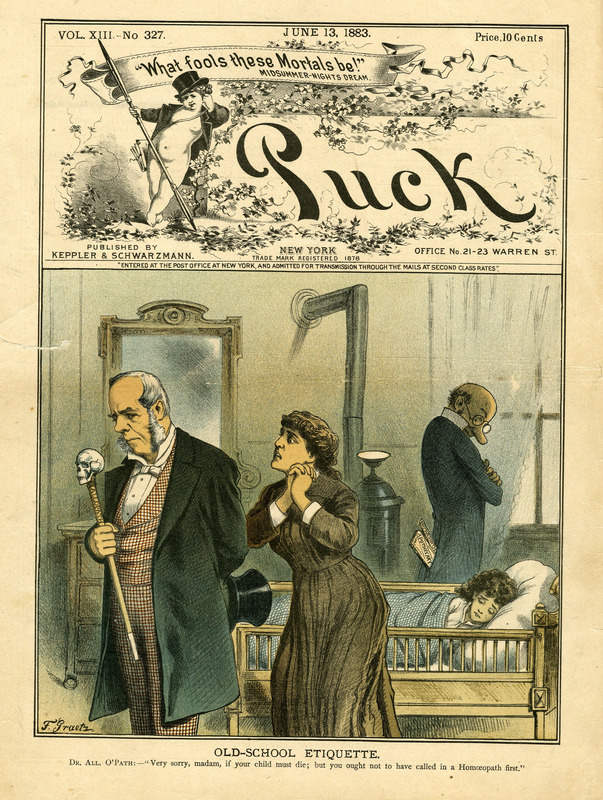Introduction
"I suppose it's about time I should take my remedy again. It does seem as if she had found the right thing; don't you think so?"
"Do you mean the contents of that tumbler? I shall be delighted to give it to you, and you must tell me how much you take." And Basil Ransom, getting up, possessed himself of the glass on the table.
At the sound of his voice Miss Birdseye pushed back her straw hat by a movement that was familiar to her, and twisting about her muffled figure a little (even in August she felt the cold, and had to be much covered up to sit out), directed at him a speculative, unastonished gaze.
"One spoonful—two?" Ransom asked, stirring the dose and smiling.
"Well, I guess I'll take two this time."
"Certainly, Doctor Prance couldn't help finding the right thing," Ransom said, as he administered the medicine; while the movement with which she extended her face to take it made her seem doubly childlike.
He put down the glass, and she relapsed into her position; she seemed to be considering. "It's homeopathic," she remarked, in a moment.
"Oh, I have no doubt of that; I presume you wouldn't take anything else."
"Well, it's generally admitted now to be the true system."
Ransom moved closer to her, placed himself where she could see him better. "It's a great thing to have the true system," he said, bending towards her in a friendly way; "I'm sure you have it in everything." He was not often hypocritical; but when he was he went all lengths.
Henry James, The Bostonians(1886)
When Henry James used this exchange in his 1886 novel The Bostonians, he used homeopathy to shed additional light on the eccentric character of Miss Birdseye, equating the alternate medical movement with her favored causes of the abolition of slavery and women's suffrage. But James was also making an accurate historical point. Homeopathic medicine held a great appeal to the people of Boston in the 19th century, and the history of the movement is intimately tied to the history of the orthodox or regular medical practice in the city.
To support and develop homeopathy in the face of opposition from its detractors, the adherents of the movement created an entire medical establishment—books, journals, schools, hospitals, asylums, sanitariums, dispensaries, professional societies, national and international organizations, pharmaceutical manufacturers, publishing firms, and even life insurance companies—in parallel with that of regular practitioners. Grand Delusion? traces the developments of the history of homeopathy in Boston and Massachusetts and the contributions and experiences of its practitioners, in both conflict and also concert with their regular medical colleagues.

